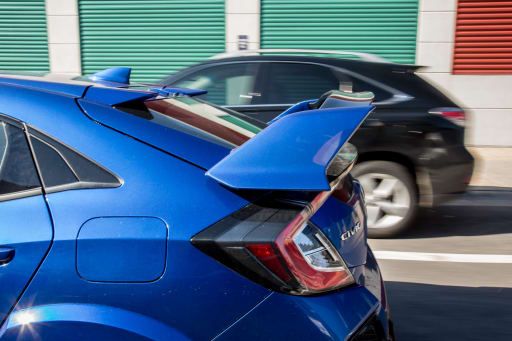
1-888-289-0076

1-888-289-0076

The future of autos is poised for a groundbreaking revolution, ushering in an era of unparalleled advancements in transportation. With technological leaps and innovative breakthroughs, the automotive industry is set to transform the way we travel, commute, and experience mobility.
One of the most significant trends shaping the future of autos is the rise of autonomous vehicles. Self-driving cars, powered by cutting-edge artificial intelligence and sensor technology, promise safer and more efficient journeys. These autonomous vehicles have the potential to eliminate human error, reduce traffic congestion, and provide increased accessibility for individuals with limited mobility.
Electric vehicles (EVs) are another crucial aspect of the future of autos. As the world moves towards a greener and more sustainable future, EVs offer a promising solution to combat climate change and reduce dependence on fossil fuels. Rapid advancements in battery technology are enabling longer driving ranges and shorter charging times, making electric vehicles more practical and appealing to a broader audience.
Furthermore, connectivity and smart technology are transforming the driving experience. The future of autos will witness a seamless integration of vehicles with the digital world, creating a connected ecosystem. Internet of Things (IoT) technology will enable vehicles to communicate with each other, traffic infrastructure, and pedestrians, leading to enhanced safety and efficiency on the roads.
Emerging technologies, such as augmented reality (AR) and virtual reality (VR), are poised to revolutionize not only how we drive but also how we design and purchase vehicles. AR and VR will enable customers to visualize and customize their cars, virtually test-driving different models, and experiencing immersive showrooms from the comfort of their own homes.
The future of autos also encompasses the rise of shared mobility services. Car-sharing platforms, ride-hailing services, and autonomous taxi fleets are expected to reshape urban transportation, reducing the need for personal vehicle ownership. This shift towards shared mobility is set to improve traffic flow, reduce parking demand, and enhance overall transportation efficiency.
Additionally, the future of autos will witness advancements in sustainable materials and manufacturing processes. The industry is exploring alternatives to traditional petroleum-based plastics and metals, opting for eco-friendly materials that have a lower environmental impact. From biodegradable interiors to 3D-printed components, these innovations will contribute to a more sustainable automotive industry.
As the future of autos unfolds, it will bring forth an array of economic, social, and environmental benefits. Increased safety, reduced emissions, improved accessibility, and enhanced efficiency are just a glimpse of the transformative changes that lie ahead. The automotive industry is on the cusp of a remarkable evolution, and the future of autos promises a transportation landscape that is smarter, greener, and more connected than ever before.